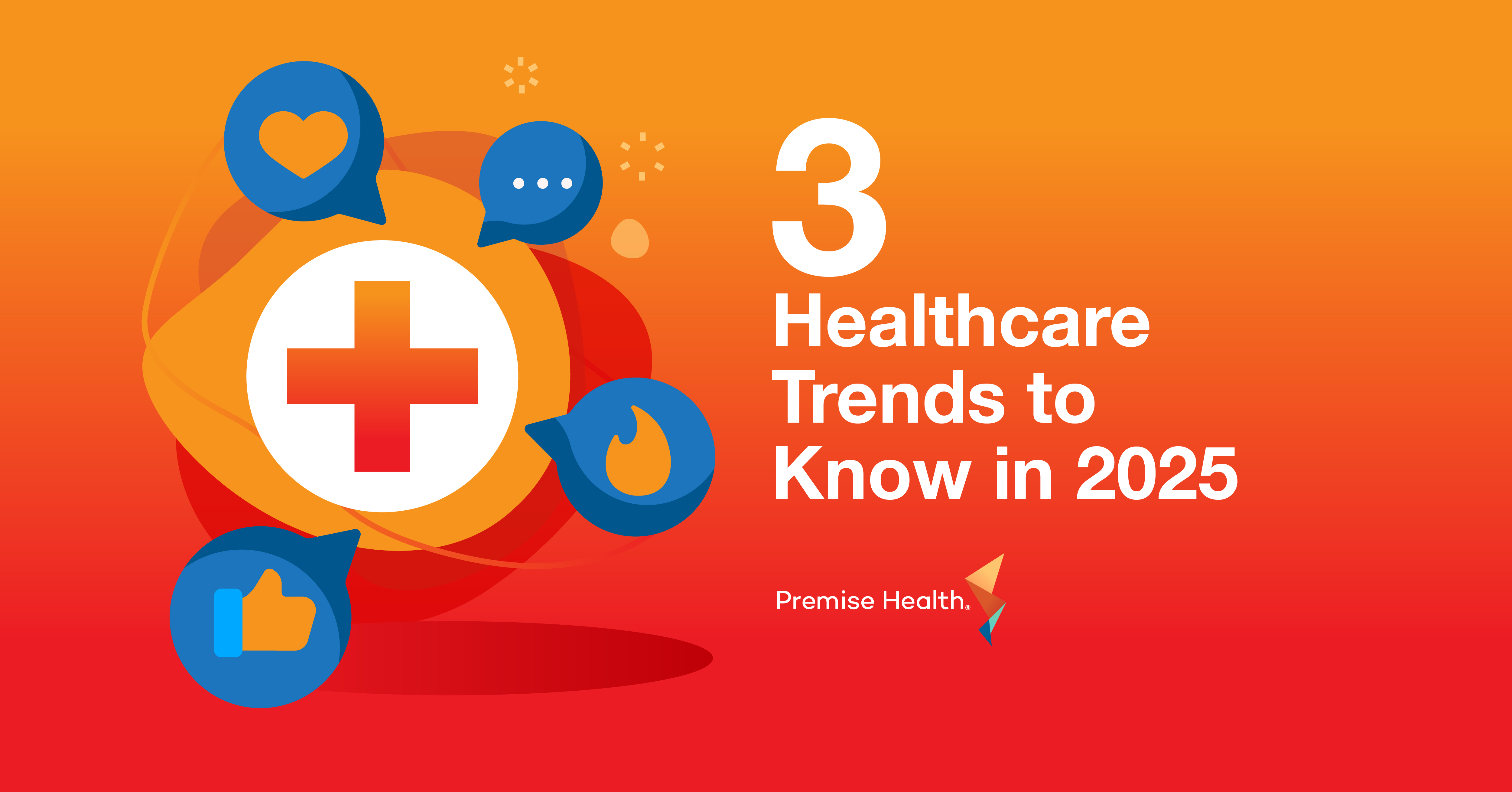Breaking Down Your Biometric Screening
Understanding and acting on your health screening results
You went in for your biometric health screening and then went over your results with your provider. If any of the test results were outside the standard range, your provider likely explained what they meant and discussed steps to improve your health.
If your results were within the standard range, you may not have thought any more about them. But knowledge is power, and it’s important to understand measurements that impact your health. What is really included in a biometric screening, and what do your results mean for you overall?
First, let’s rewind. A biometric screening is a short health exam, typically 15-20 minutes. Many companies invest in this service as a way to help their employees and families be healthier by identifying potential health risks or conditions early. Your appointment includes bloodwork, blood pressure and height, weight, and waist circumference measurements to provide a snapshot of your overall health.
More specifically, most biometric screenings measure the following:
- Body composition – Height, weight, body mass index, and waist circumference
- Blood pressure – When your heart pumps blood through your body, the circulating blood puts pressure on the walls of your blood vessels. When this pressure is too high or too low, it can affect your health.
- Cholesterol – Your body needs cholesterol to build healthy cells, but too much of it can increase your risk of heart disease
- Triglycerides – Your body converts calories it doesn’t need right away into triglycerides and stores them in your fat cells. A high amount can harden your arteries and increase your risk of a stroke.
- Glucose levels – Glucose is stored in your body as glycogen and is used as a source of energy. High levels of glucose in your blood is an indicator of diabetes.
Completing a biometric screening is a proactive approach to evaluate your risk for a variety of health issues, many of which can be prevented through early detection or lifestyle changes.

Premise Health nurse practitioner, Tim Jones, performs all of the onsite biometric screenings at the Premise Health Wellness Center in Brentwood, Tennessee. He said the most common health issues he sees in his patients are high cholesterol and struggles with weight. Being overweight can impact health metrics and can affect glucose levels, blood pressure and your lipid panel, leading to a higher risk for Type 2 diabetes, high blood pressure, heart disease, and high cholesterol.
When you look at your biometric screening test results, you’ll see the tested component listed with your personal value and the standard, healthy range. If your value is within that range, there is no cause for alarm. However, if your result is not within the normal range, you should communicate with your doctor about next steps. Risks associated with results outside the standard range include:
- Blood pressure – High blood pressure puts a large amount of force on your artery walls, which can damage your blood vessels and some organs. If your blood pressure numbers are high, you’re at a greater risk for vascular damage, kidney damage, heart disease and stroke.
- LDL (Low-Density Lipoprotein) – LDL is a type of cholesterol. When it builds up in the walls of your arteries, it makes them hard and narrow. A high result for LDL, usually referred to as “bad” cholesterol, can lead to vascular disease, affecting your arteries and veins, or heart disease.
- Total cholesterol – The sum of all your cholesterol components added together is your total cholesterol, which indicates whether you have high cholesterol. Risks of high cholesterol include heart disease, chest pain and possible heart attacks or strokes.
- Glucose – A high glucose number can lead to Type 2 diabetes, which can then lead to other health issues down the road. Diabetes is associated with other conditions such as hyperglycemia, eye damage, Alzheimer’s and depression.
If any of your results are outside of the healthy range, don’t panic. Your provider is there to answer any questions you have and help navigate through next steps to help improve your numbers. Outside of speaking with your doctor, Tim suggests doing your online research from a reputable source, such as the American Heart Association, CDC, or the American Diabetes Association.
At Premise Health, biometric screenings are one of the ways we engage members and families in their health. Through regular screenings and health education, we can help members prevent and manage many diseases by proactively addressing their causes. More information about biometric screenings with Premise Health is available here.
Next on industry insights.

How to Futureproof Your Healthcare Benefits
Read the Blog
Why Partnering with an AAAHC Accredited Organization is a Win for Your Workforce
Read the Blog